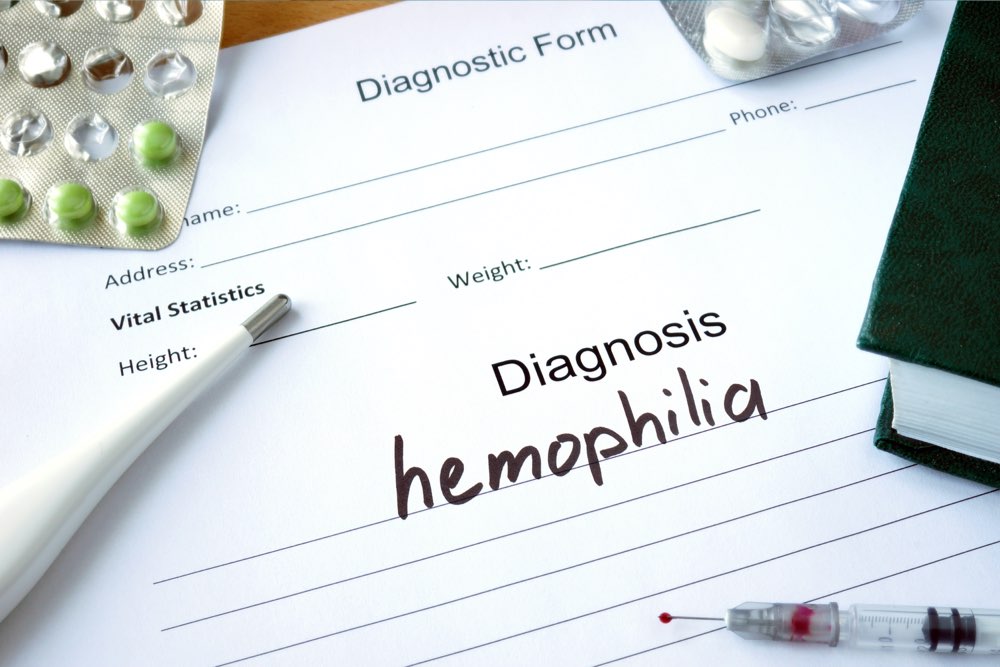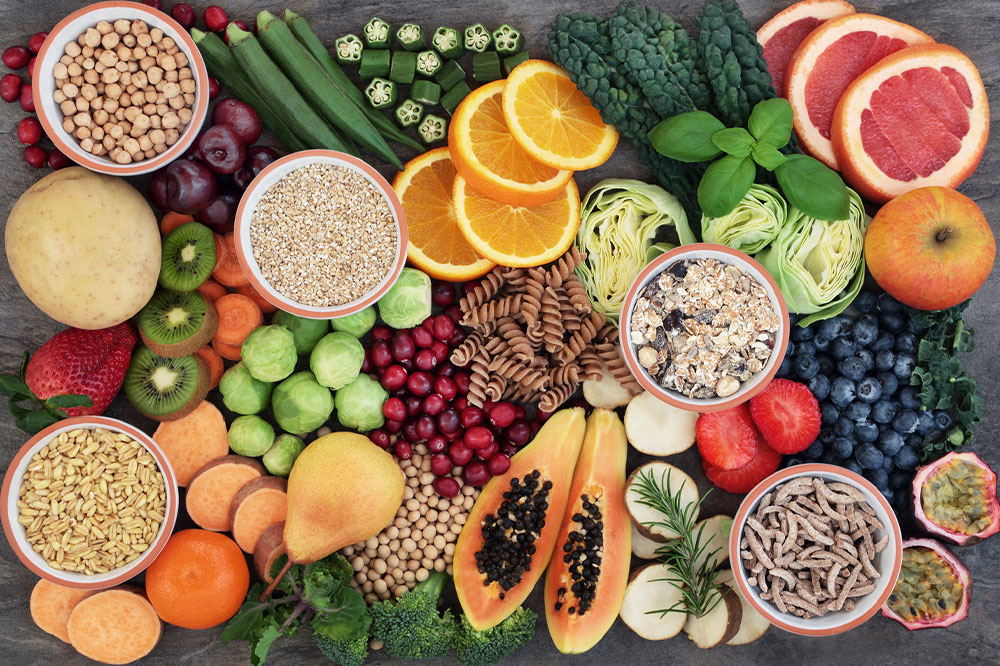How Dietary Habits Affect ADHD Symptoms and Management Strategies
This comprehensive article explores how dietary choices impact ADHD symptoms and offers practical nutritional strategies. Emphasizing the importance of protein, complex carbs, omega-3 fatty acids, and essential vitamins, it provides useful guidance for managing ADHD through diet. Proper nutrition can enhance brain health, improve focus, and reduce impulsivity for both children and adults. Integrating nutrient-rich foods into daily routines can significantly support overall mental well-being and behavior management in individuals with ADHD.

The Role of Nutrition in ADHD Symptom Control
Understanding the Connection Between Diet and ADHD
Attention Deficit Hyperactivity Disorder (ADHD) is a neurodevelopmental condition characterized by symptoms such as difficulty concentrating, impulsivity, hyperactivity, and distractibility. It is generally recognized that these traits are innate and are present from early childhood rather than being solely caused by environmental factors or upbringing. However, modern science increasingly indicates that diet can significantly influence the severity and management of ADHD symptoms in both children and adults. Proper nutrition can support brain health, improve focus, and reduce impulsive behaviors, whereas poor dietary choices may worsen symptoms or contribute to mood swings and decreased mental clarity.
Dietary habits influence mental health, cognitive function, and overall well-being. For individuals managing ADHD, making informed food choices is a crucial aspect of symptom control. Consuming natural, additive-free foods can help stabilize mood, enhance concentration, and promote sustained energy levels. To optimize brain function and alleviate symptoms, the following dietary categories are recommended:
Protein-Rich Foods for Neurotransmitter Support
Proteins are essential for synthesizing neurotransmitters such as norepinephrine and dopamine, which are crucial for focus, motivation, and mood regulation. Including high-quality protein sources in daily meals can have a positive impact on ADHD symptoms. Nutrient-dense, protein-rich foods include avocados, oats, spinach, lentils, and various seeds like pumpkin and chia. Nuts such as cashews and almonds, as well as eggs, poultry, dairy products, and lean meats, are excellent options. Additionally, fruits like bananas, cherries, apricots, and berries can provide natural energy boosts and support brain health.
Complex Carbohydrates for Sustained Energy
Complex carbohydrates help sustain blood glucose levels, preventing energy dips that can trigger irritability and impulsivity. These foods promote a feeling of fullness and can help reduce cravings for sugary snacks, which often lead to energy crashes. Good sources of complex carbs include brown rice, quinoa, barley, beans, whole grain bread and pasta, and fiber-rich vegetables and fruits such as apples, carrots, spinach, and potatoes. Integrating these carb sources into daily meals can stabilize mood swings and support concentration throughout the day.
Omega-3 Fatty Acids for Brain Development
Omega-3 fatty acids are vital for maintaining healthy brain structure and function. They are found naturally in fatty fish like salmon and tuna, which are rich in EPA and DHA—two types of omega-3s linked to improved cognitive function. Vegetarians and vegans can turn to plant-based sources such as walnuts, chia seeds, and flax seeds. Regular intake of omega-3s may enhance attention span, memory, and motivation, making them an important element of an ADHD-friendly diet. It is advisable to choose fish low in mercury and avoid high-mercury species like shark and king mackerel.
Vitamins and Minerals for Neurological Support
Essential nutrients including iron, zinc, magnesium, B-complex vitamins, and vitamin D play vital roles in brain function and mental health. For instance, vitamin B6 has been associated with increased alertness and improved focus. Maintaining a balanced, nutrient-rich diet ensures these vital vitamins and minerals are available to support cognition and overall well-being. Incorporate leafy greens, nuts, seeds, lean meats, dairy products, and fortified foods to meet these nutritional needs effectively. Proper intake of these nutrients can lead to better mental clarity, reduced hyperactivity, and improved behavioral outcomes.
In conclusion, diet is a powerful factor influencing ADHD symptoms. Choosing nutrient-dense foods and maintaining a balanced eating plan can significantly support symptom management, leading to better focus, mood stability, and overall health. It is recommended for individuals with ADHD, caregivers, and health providers to work together to develop personalized nutrition plans that suit individual needs and preferences, fostering improved quality of life.





